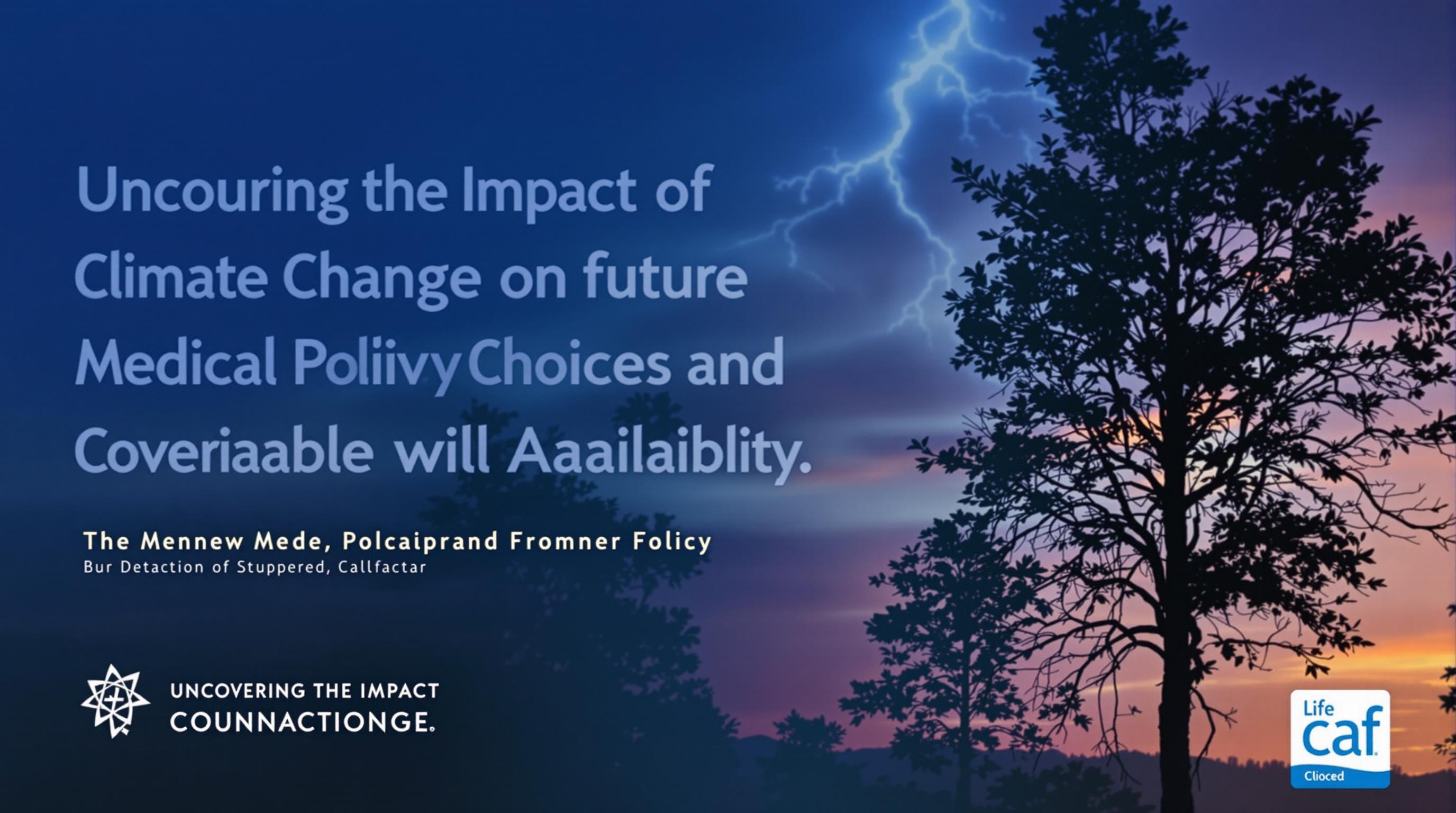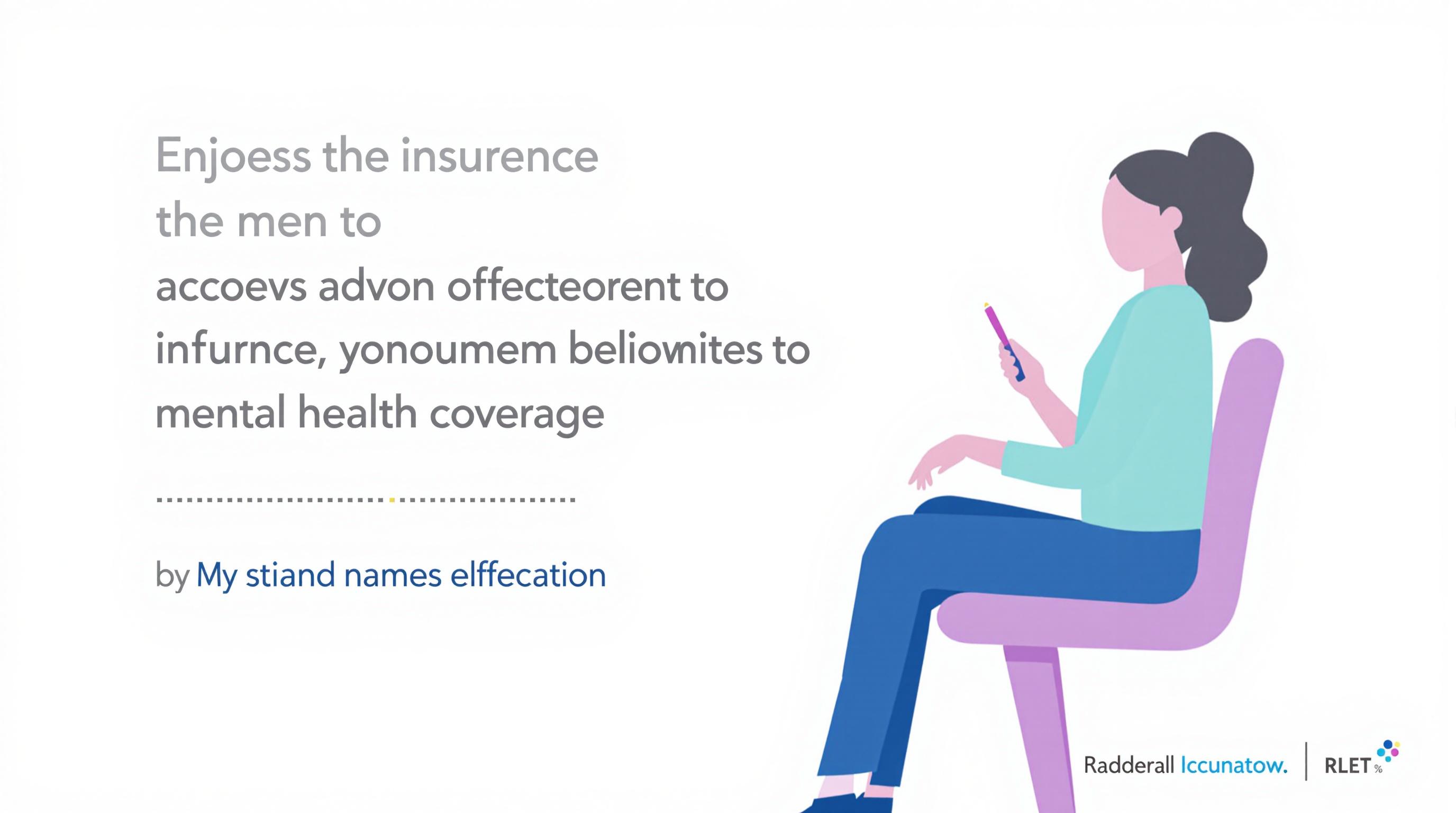Related Articles
- The Unexpected Impact of Environmental Factors on the Accuracy of Medication Dispensing Technologies
- Exploring the Influence of Mental Health Stigma on Accessibility and Affordability of Coverage in Modern Insurance Plans
- How Cloud Storage Quirks Are Quietly Complicating Patient Data Protection in Modern Healthcare Settings
- Top 6 Emerging Medical Billing Platforms Revolutionizing Practice Revenue Cycles Since 2019
- When Digital Distance Deepens Divide: Surprising Social Costs of Remote Health Services in Underserved Communities
- The Unexpected Role of EHR Usability in Physician Burnout and Strategies to Reclaim Workflow Balance
Uncovering the Impact of Climate Change on Future Medical Policy Choices and Coverage Availability
Uncovering the Impact of Climate Change on Future Medical Policy Choices and Coverage Availability
Climate change is rapidly reshaping the landscape of healthcare by influencing medical policy decisions and the accessibility of insurance coverage across the globe. This article explores the multifaceted ways in which environmental shifts will drive future healthcare strategies, with an eye towards evidence, stories, and expert opinion.
From Rising Temperatures to Rising Costs: A Formal Overview
Climate change presents profound challenges to health systems worldwide. Increasing temperatures and extreme weather events exacerbate the prevalence of vector-borne diseases such as malaria and dengue fever, demanding expanded health coverage and drastically altering the cost-benefit analyses of preventive versus reactive care. According to the World Health Organization (WHO), climate-sensitive diseases account for over 150,000 deaths annually, with projections indicating a potential doubling by 2050 if current trends persist.
The Policy Puzzle: Balancing Coverage and Cost
Bureaucrats and healthcare policymakers face an increasingly difficult balancing act. As disasters and climate-related health conditions surge, demand for medical coverage intensifies, often in regions ill-equipped to respond. The question becomes: how to allocate scarce resources fairly? Making cuts to existing programs risks leaving vulnerable populations—such as the elderly or chronically ill—without adequate protection. On the other hand, expanding coverage demands funding that many governments may struggle to secure amid economic instability triggered by climate events.
A Story from the Frontlines
Let me paint you a vivid picture. In 2023, a small island in the Pacific witnessed a surge in heat-stroke cases during an unprecedented heatwave lasting 14 days. The local health clinic, understaffed and undersupplied, began rationing care. One particularly harrowing case involved an elderly woman, Maria, who had to wait hours before receiving emergency treatment. Maria’s story is not unique but emblematic of how climate change impacts patient outcomes by taxing healthcare infrastructure.
The Ripple Effects: Mental Health Takes a Toll
Beyond physical ailments, the psychological burden of climate disasters is immense. Research from the American Psychological Association highlights a 25% increase in anxiety and depression symptoms following major hurricanes and wildfires. Mental health services must adapt, but often, insurance plans lag behind in coverage for these evolving needs.
Casual Chat: Why Should You Care?
Hey, I get it—climate change and medical insurance can seem like two totally different worlds. But here’s the kicker: they’re tightly intertwined. Imagine your neighborhood flooding next year, forcing you to relocate and disrupting your access to your usual healthcare provider. Or think about how increasing pollution levels can worsen asthma, meaning more hospital trips and medical bills. That’s not just a distant problem; it might be your reality sooner than you think.
Case Study: The European Heatwave of 2003
The infamous 2003 heatwave in Europe resulted in an estimated 70,000 excess deaths, predominantly among the elderly. Healthcare systems were overwhelmed, exposing critical gaps in emergency preparedness and insurance coverage for heat-related ailments. In response, many countries are revising medical policies to include specific protocols and coverage adjustments for climate-induced emergencies.
A Persuasive Call to Action
We cannot afford complacency. Investing in sustainable healthcare infrastructure and revising medical policies now can mitigate future crises. Expanding coverage for climate-sensitive conditions, integrating telemedicine to reach affected populations quickly, and funding mental health services must become priorities. The cost of inaction far outweighs the price of preparedness.
Humor Break: If Climate Change Were a Doctor…
Imagine climate change as that doctor who never shows up on time but always brings more work than you bargained for. "Oh, you thought it was just going to be a small flu season? Surprise! Here’s a heatwave, flooding, and vector-borne illnesses all at once." This “doctor” is exhausting and expensive, so why not prescribe a dose of prevention and better policies?
Emerging Solutions & Innovations
Some nations are pioneering adaptive medical coverage models. For instance, Bangladesh’s microinsurance schemes are tailored to climate risks, offering affordable coverage against flood-related health issues. There is also growing advocacy for "climate-health impact assessments" before policy adoption, aiming to forecast long-term consequences of environmental changes on health systems.
The Role of Technology
Digital health technologies, like AI-powered diagnostics and remote monitoring, are becoming invaluable in climate-impacted regions. These tools allow quicker responses to outbreaks and reduce the burden on physical infrastructure, potentially lowering insurance claims and enabling flexible coverage options that evolve in real time with environmental stressors.
Statistical Snapshot
According to a 2022 report by the Lancet Countdown on Health and Climate Change, between 2000 and 2020, climate-sensitive infectious disease transmission potential has increased by 10-15% globally, signaling increased future demand for health services and coverage flexibility.
Closing Reflections from a 48-Year-Old Writer
Having witnessed both the innocence of my hometown summers and now the creeping unpredictability of nature’s rhythms, I am convinced that medical policy must evolve through thoughtful, holistic approaches. Our shared humanity demands no less than courageous, compassionate, and forward-thinking responses to climate’s medical challenges.




